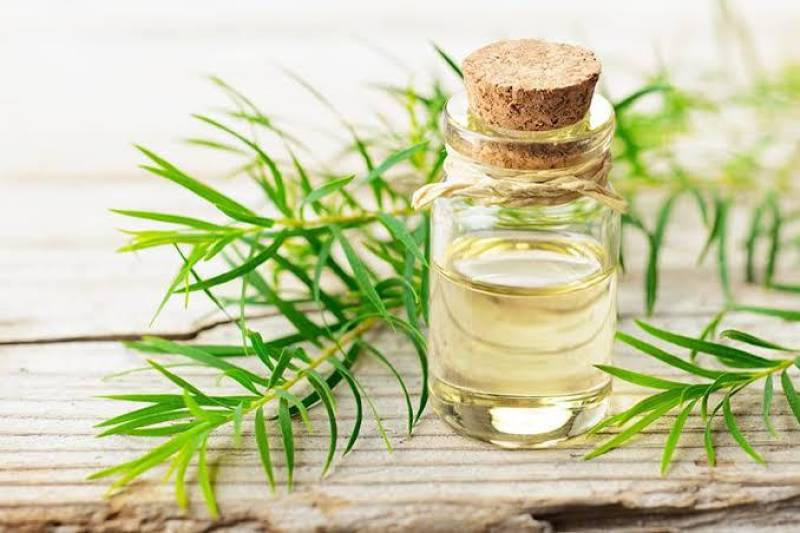5 WAYS TO DEAL WITH AN OIL SCALP

Credits : Farah Siddique
Everyone’s scalp can get a little oily sometimes. But a little oil is OK! Oil (sebum) helps protect and support healthy hair. But an abnormally oily scalp can feel like a problem if it makes your hair feel greasy or dirty all the time. And an oily scalp can also sometimes happen along with other symptoms that may be signs of a skin disorder. Your genes may contribute to how much oil your glands produce and how thick your hair is. Let’s get into how to treat these causes at home, and what to do if none of your home remedies are working. There’s plenty you can do at home or buy at your local drugstore to help treat an oily scalp.Keep in mind evidence for these home remedies is largely anecdotal. Your results may vary. These suggestions don’t replace conventional treatment therapies.
1.Wash less often.
Sounds counterproductive, yes, but if you go back to our causes of oily scalp you know that over-washing is a large contributing factor. So often you'll hear people discuss how they're "retraining their scalp" or "balancing their hair," and usually this is what they're doing. So, how often should you wash, you ask? Well, that just may take some guesswork on your part. So the most important thing is to be diligent about checking in on your scalp. A good rule is that if your hair is red and painful, that's a sign that it's time to rinse.
2.Use silk pillowcases.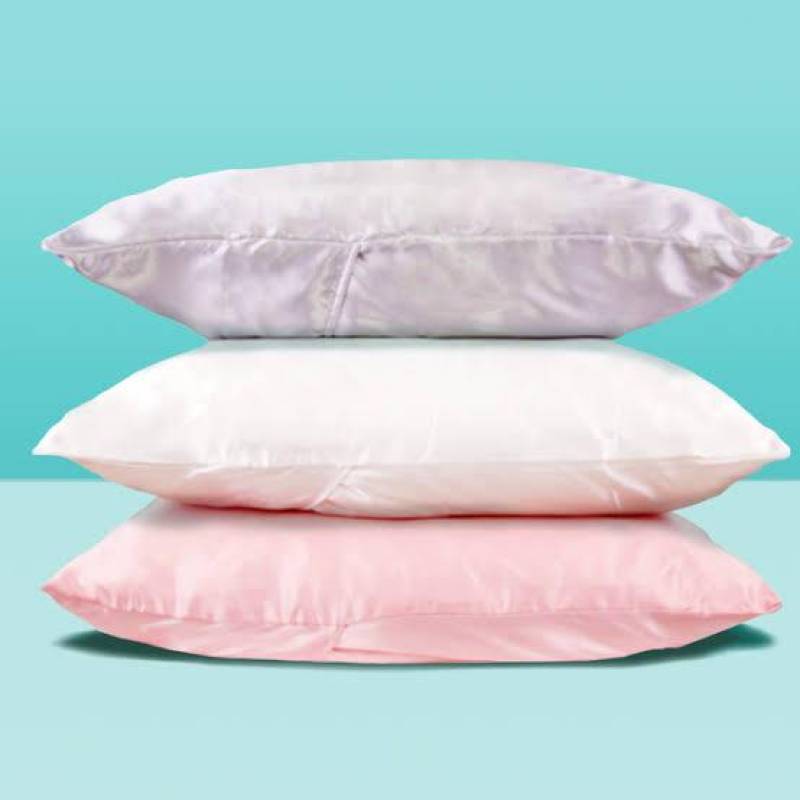
Silk sleep accessories like pillowcases, head wraps, and scarves are practically magic. (A dramatic statement, but for those who know—you know.) "Sleep with a silk or satin pillowcase, headscarf, or cap, which allows hair to slide as you toss and turn. Silk and satin prevent friction (which leads to hair pulling, tugging, stretching, breaking, and tangling), and these smooth fabrics help retain the hair's natural oils,"So, yes, silk's most famous benefits usually have to do with frizz and styling, but the last part of Branch's sage advice is key: These help your hair retain natural oils. More porous materials, like cotton, absorb oil from your face and hair as you sleep.
3.Salicylic acid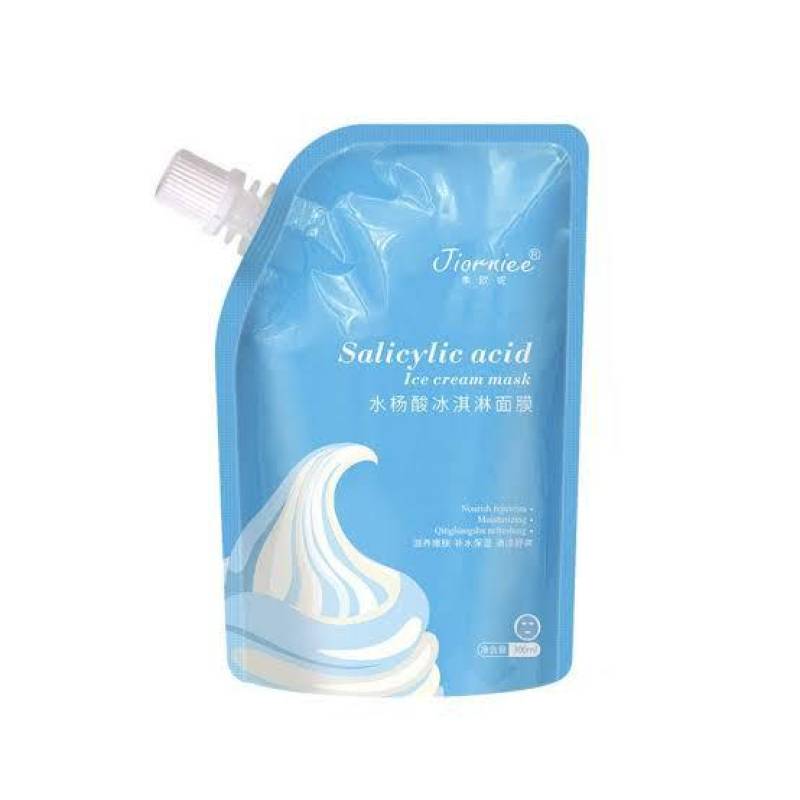
It is a great ingredient to use if you suffer from an oily scalp or dandruff. Salicylic acid helps dissolve connections holding dead cells to the surface of the skin. In this way, it can help improve scalp flaking. However, avoid salicylic acid if you have a dry or sensitive scalp. In these cases, it may cause more irritation than good."
4.Aloe vera
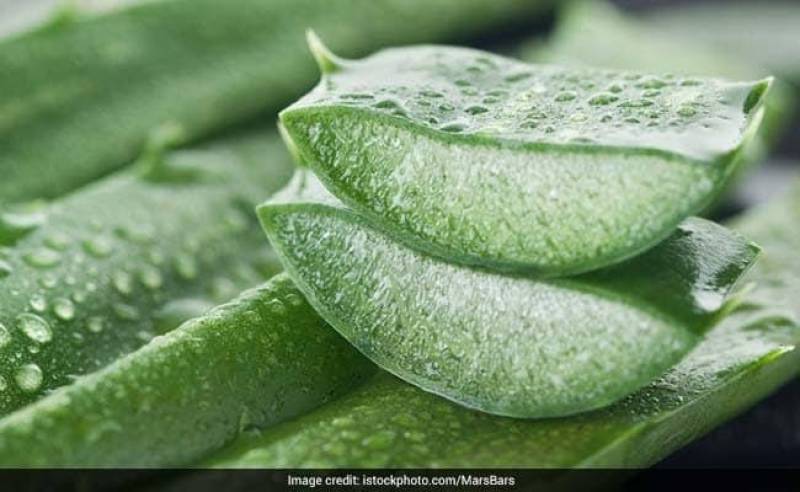
Aloe vera can help hydrate, soothe, and balance the scalp. Another bonus, if your oily scalp comes with dandruff, it helps there, too: In one study, participants who applied aloe vera onto the scalp saw a significant reduction in symptoms, namely scaling and itching. According to another body of research, the antibacterial and antifungal properties of the plant help prevent and treat dandruff altogether.
5.Apple cider vinegar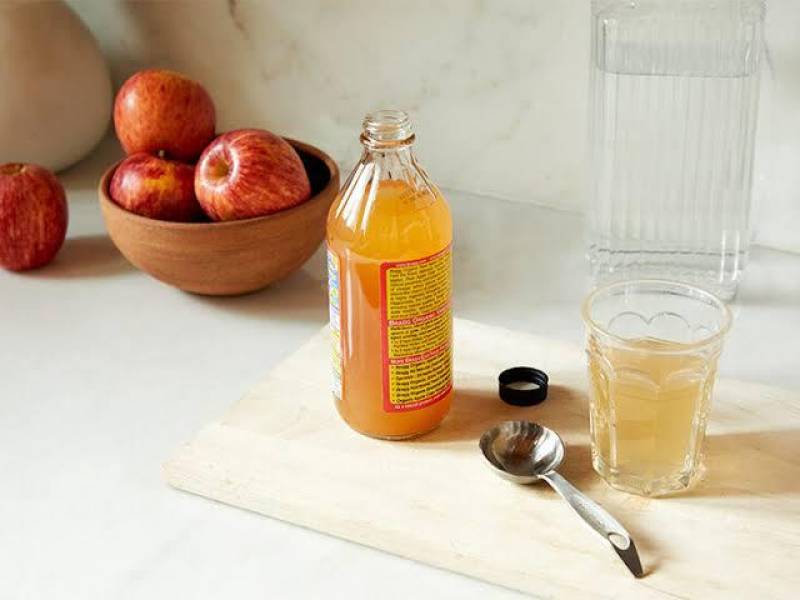
We love an apple cider vinegar rinse around here. Thanks to its acidic properties, the natural to-it-all tonic can help balance the scale, bringing the pH back to its baseline levels. This, in turn, helps manage oil production!
Oily scalp and hair can be annoying in the moment, but they're usually signs that you need to take a step back and look at your hair care and styling routine as a whole. You'll want to start by managing the oil with the right wash schedule, styling products, and natural ingredients. Give it some time, but we're sure you'll be able to get those roots in check.


